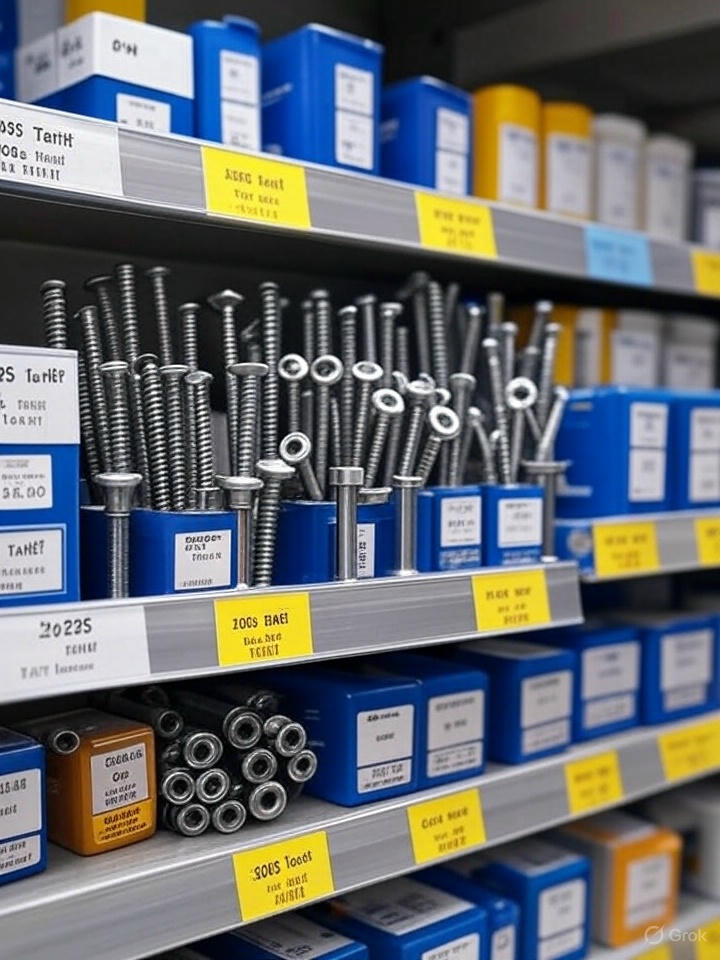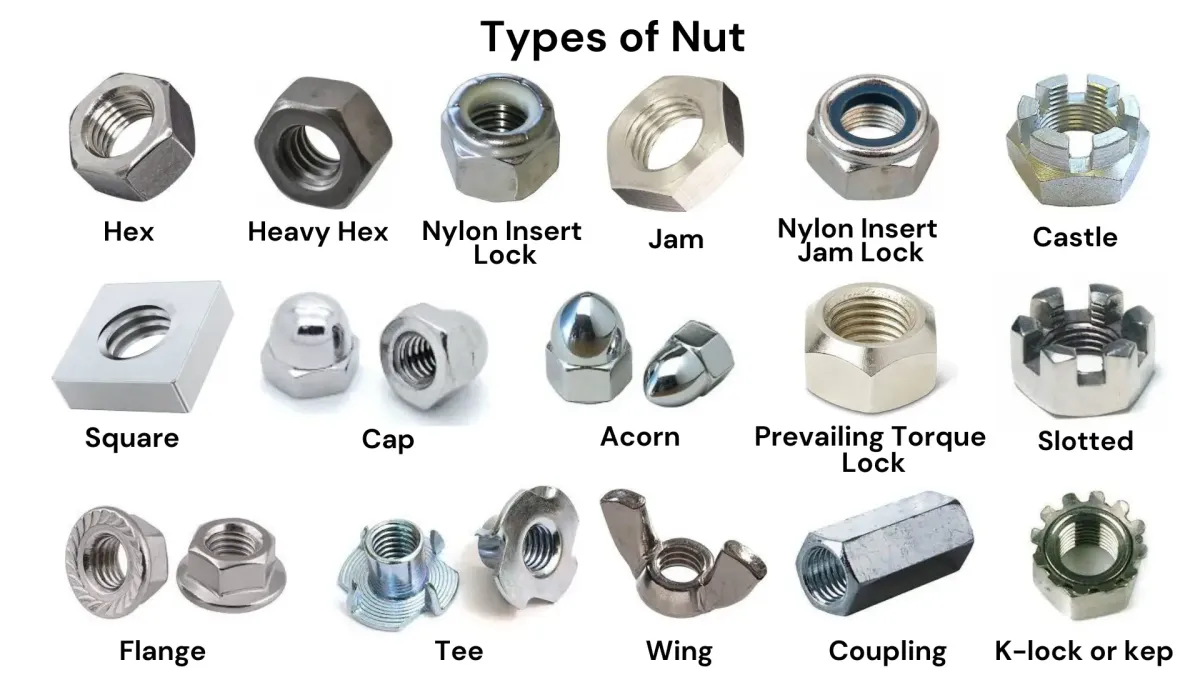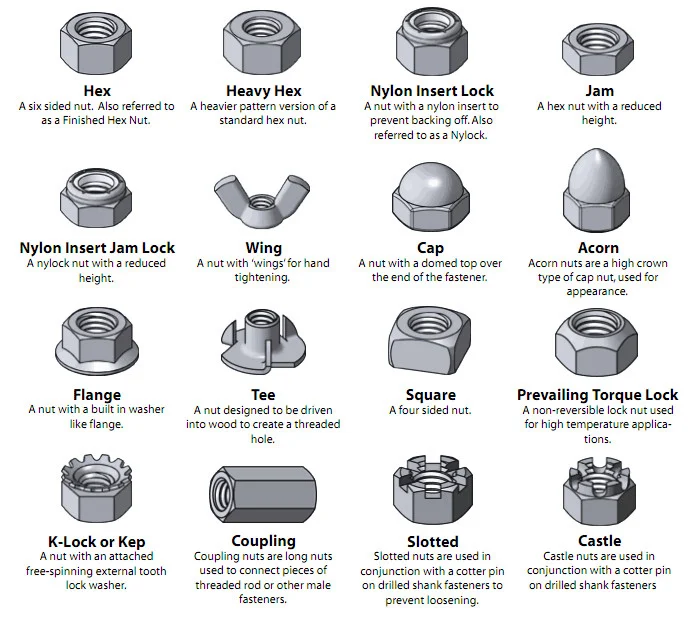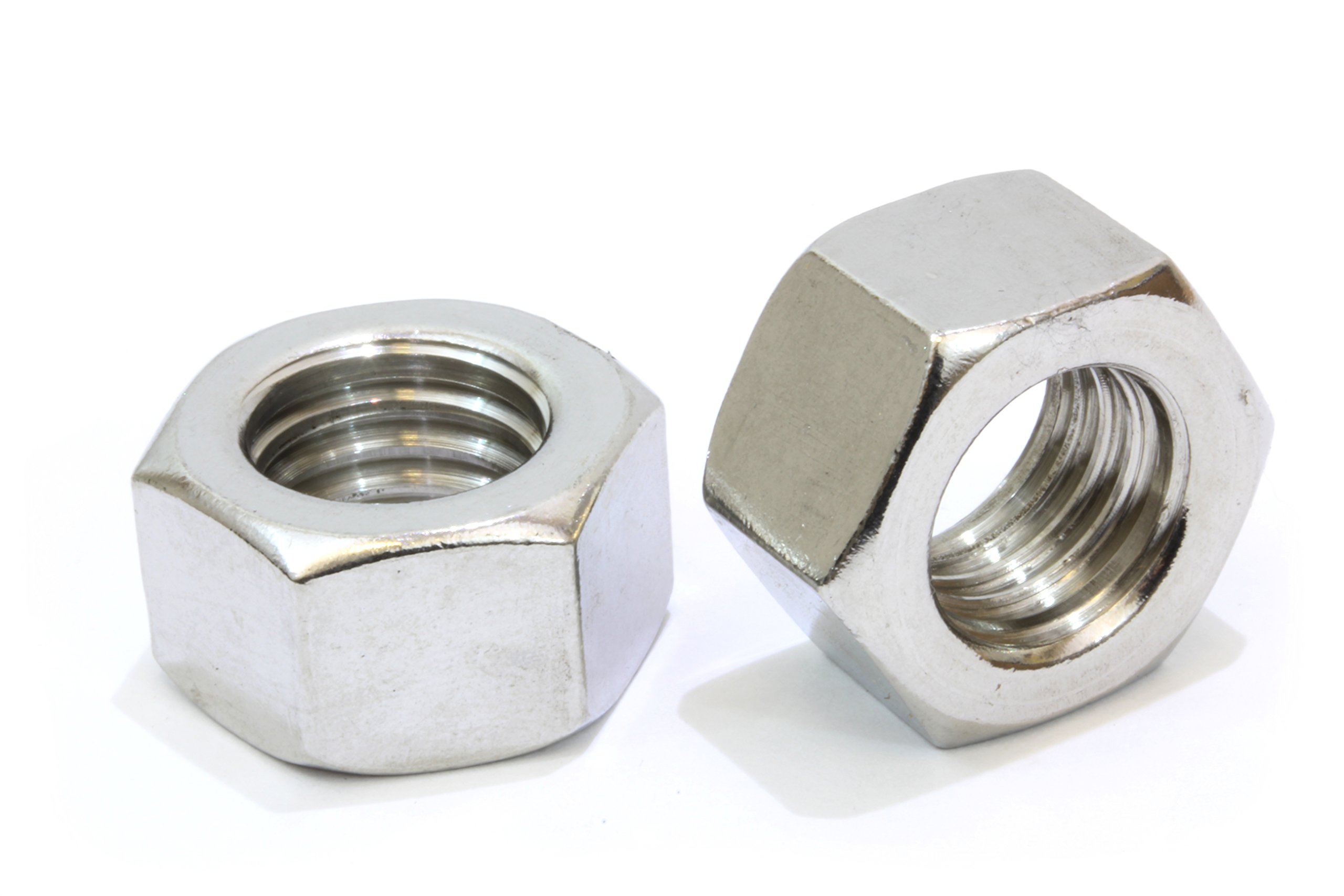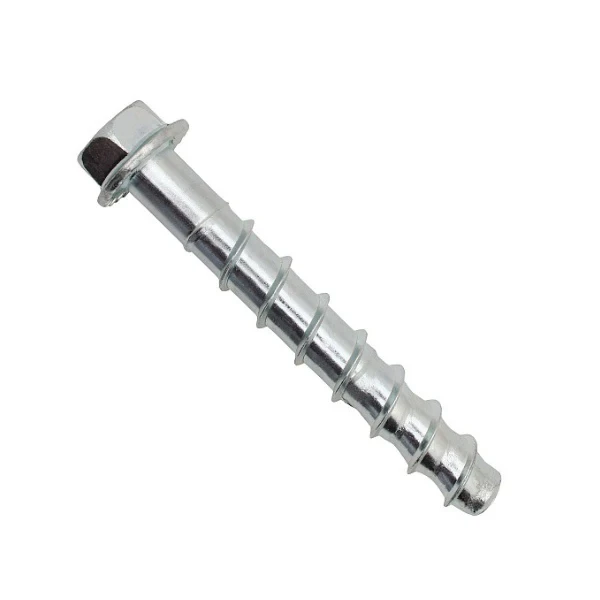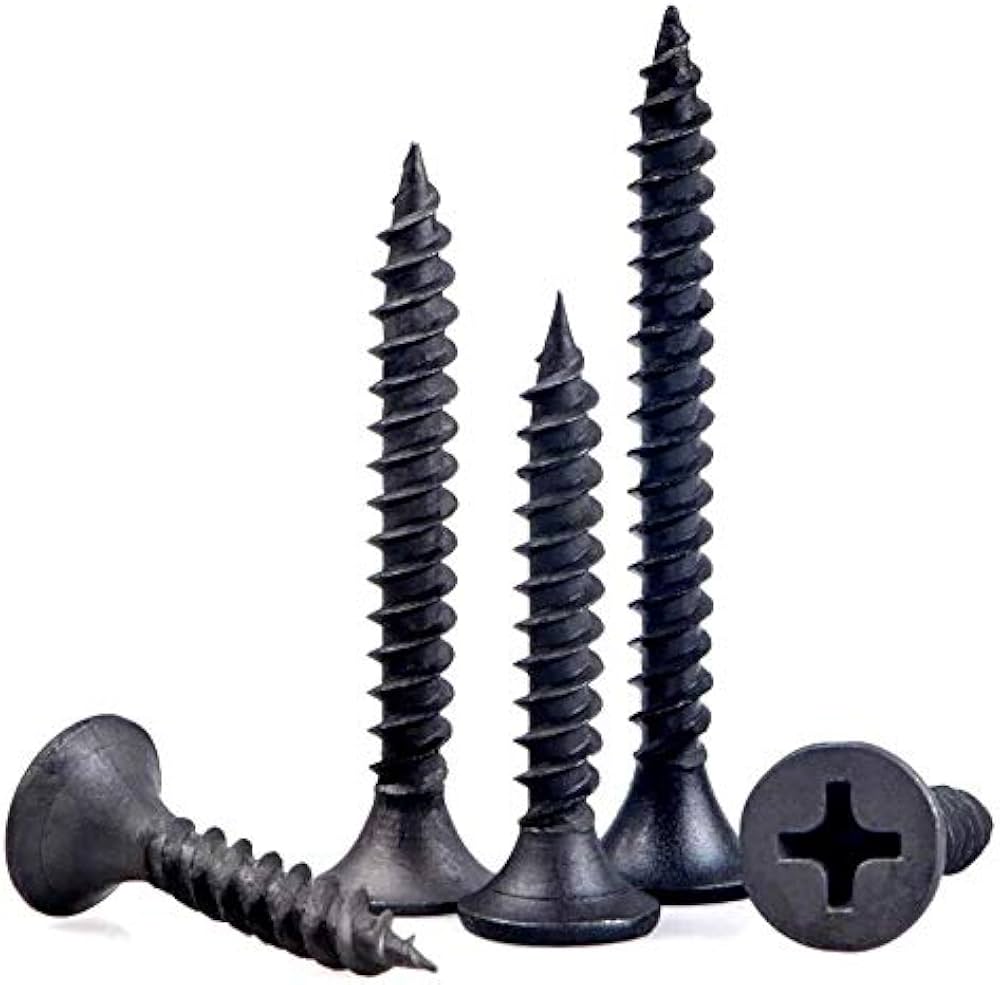What is self-knocking screw?
Self-tap screws are an essential component in the fastener world, with unique ability to create threads on the material it screws into. This feature makes them a versatile option for countless applications, from assembling furniture to large-scale construction projects. Unlike gypsum board screws or concrete screws, self-tap screws are not limited to specific surfaces or specific installations. They work well with both metal and non-metallic materials, making them highly adaptable and practical.
Self-knocking screws and concrete screws
The differences in material compatibility and design become very obvious when comparing self-tap screws with concrete screws. Concrete screws are specially designed to penetrate dense hard surfaces such as masonry and concrete. They usually have enhanced lines and may require pre-dripping into the surface. On the other hand, due to its sharp, pointed threaded design, the self-tap screw eliminates the pre-dripping step of metal or plastic (such as metal or plastic). While self-tap screws may experience difficulties in heavy-duty masonry applications, their flexibility makes them more suitable for general purpose tasks.
In addition, concrete screws are generally corrosion resistant to withstand outdoor exposure, especially in structural applications. Depending on the type, self-tap screws may also have corrosion-resistant coatings, but their primary purpose is in lighter liability environments where thread formation is critical. Ningbo Jingle-Tech Imp. & Exp.co., Ltd specializes in providing a wide range of fasteners, including self-attack screws that are reliable and effective for a variety of projects.
Self-knocking screws and drywall screws
Drywall screws are another common fastener designed to secure drywall panels to wood or metal studs. These screws are specially produced to provide strong grip without damaging the delicate drywall material. Despite their similarities in threads, drywall screws usually have finer threads and unique configurations that ensure that they are not easy to drill, just like self-tap screws.
However, self-tap screws have a competitive advantage in versatility. While drywall screws are tailor-made for drywall applications, self-tapping screws adapt to a wider variety of material types, including plastics, fibers and sheet metal. They offer a wider range of applications, making them essential for DIY enthusiasts and professional contractors. Ningbo Dingdang Technology IMP when looking for high-quality fasteners.
Select the right screw for your project
When making a decision between self-attack screws, concrete screws and drywall screws, it is crucial to understand the requirements of the project. For masonry or heavy duty structures, your choice is concrete screws. For gypsum board installation, drywall screws are expected to have a safe and clean finish. But if flexibility and adaptability are key, self-tap screws dominate supreme.
Ningbo Jingle-Tech Imp. & Exp.co., Ltd stands out in the fastener market with a variety of portfolios, including CNC machining parts and prefabricated accessories, as well as a variety of screws. Their commitment to offering versatile and durable products ensures you find the ideal fastener for any application. The self-knocking screws of Ningbo Dingdang screws are items that require precision and adaptability without damaging quality, which is a wise choice.


